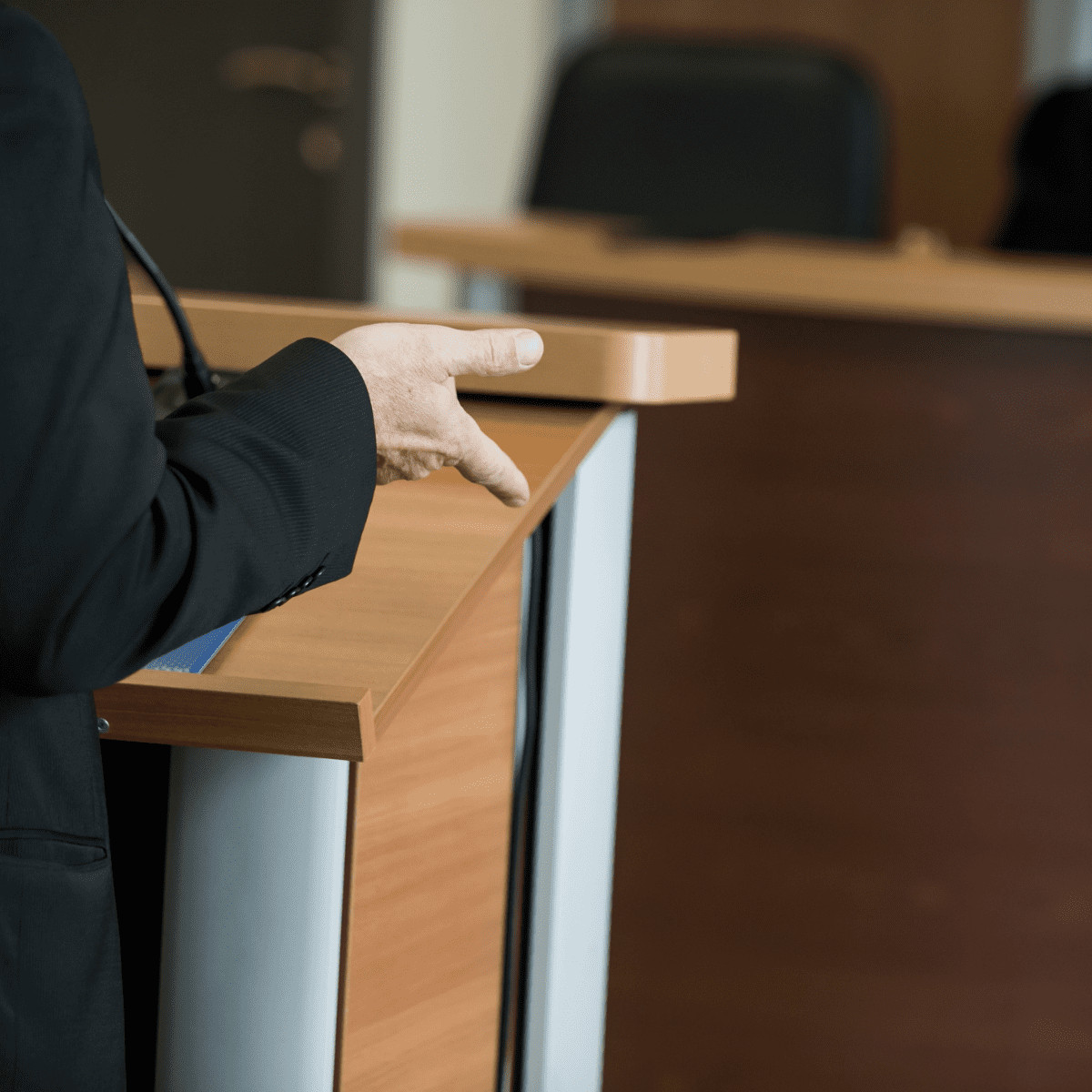Environmental and Toxic Tort Advisor
When Sooner is Better Than Later – Expert Retention in Environmental Litigation
June 10, 2022

Audrey O. Anyaele
Jersey City

Causation is a vital component of any environmental or toxic tort lawsuit. The idea of causation requires that a plaintiff show a causal connection between their injury and the defendant’s action to ensure remedies for the injury come from those who are responsible. In the world of environmental and toxic tort litigation, establishing causation is usually left to the experts. Retaining an expert pre-litigation, or at the beginning of litigation, can set the stage for favorable and cost-saving results in the ever-expanding environmental claims that companies face.
Typically, defendants may have an idea of the type of environmental experts they intend to rely upon for their defense but wait to retain these experts until a significant amount of discovery is already completed, including written discovery, depositions, and site investigation by the claimant. While this is quite common, there are many defenses and strategies forfeited when a defense expert is not involved at the earliest stages of litigation in an environmental or toxic tort claim. At the heart of so many of these claims is whether a contaminant of concern to the claimant can be connected to an individual defendant or defendants in a claim. The sooner an expert can enter the discussion and definitively disconnect the substance from the client or the claimed injury, the better.
This is especially true in environmental premise liability claims that may involve a great deal of investigation and testing long before litigation has commenced. Matthew Martello, Director of Environmental Engineering at Trident Environmental, stresses the importance of involving environmental experts in pre-litigation. His experience with contaminated sites over the years has shown that there is almost always some level of contamination or spoliation of evidence from an environmental standpoint by the time you have entered into litigation because experts are backtracking to the beginning to gain an understanding of the causation. However, when defendants and their experts are involved in the investigation, testing, and sampling at the earliest stage possible, it allows the expert to “send the angry mob in the right direction early, rather than pay a significant amount of money to redirect them down the line,” according to Mr. Martello. In these situations, defendants have the added benefit of conducting their own sampling and testing rather than relying upon the test results supplied by the plaintiff, which is often completed by a third-party contractor or consultant that plays a minimal role, if any, in the overall litigation or resolution of the claim investigation.
Another benefit of retaining a causation expert pre-litigation when facing environmental claims is that it allows a potential defendant to set up its causation defense at the outset and ensure that the expert retained is useful to the court and jury in the event of a trial. Courts regularly maintain that an expert must be qualified and experienced in the topic on which they are giving an expert opinion. Beyond that, the opinions offered must match the data, especially in a toxic exposure case. When an expert is retained before the commencement of written discovery, the expert and counsel can work together to propound specific and targeted discovery demands challenging the plaintiff’s theory of causation. Further, this early and targeted discovery can have lasting impacts on the success of a case in court. Recently, the New York Court of Appeals overturned a $16.5 million jury verdict for the husband of a woman who died from peritoneal mesothelioma.[i] The plaintiff alleged that his wife’s disease was caused by over a decade of daily exposure to asbestos-contaminated talcum powder. In overturning the verdict, the Court of Appeals held that plaintiff’s experts failed, as a matter of law, to establish the decedent’s exposure to the toxin, that the toxin was capable of causing the particular illness (general causation), and that decedent was exposed to sufficient levels of the toxin to cause the illness (specific causation). Defendants’ successfully challenged the method and means utilized by plaintiffs’ experts to establish their conclusions regarding exposure and injury. This decision reaffirms the significant role that experts play in an environmental or toxic tort exposure case. As such, it is imperative to involve the causation experts early and efficiently to maximize the likelihood of success of a defense.
For insurance claims, early expert involvement puts the carrier on notice of causation issues that may arise for a particular exposure incident in which multiple claims are anticipated, such as a pollution or premise liability matter relating to a particular contaminant. The expert’s causation analysis provides an opportunity to assess liability prior to litigation and identify the potential volume of claims associated with the exposure incident. This can put the carrier on notice of the type of claims to anticipate in order to assess the value of future claims and respond uniformly, potentially eliminating or mitigating litigation costs in the long run.
While pre-litigation expert retention requires undertaking costs and expenses in anticipation of litigation, the upside is significant and can be critical to setting up a defense for negotiation of a resolution or should litigation come about. In time, this can lead to a cost-savings far beyond the initial early retention costs. As emergent contaminants continue to dominate the environmental arena, both environmental/toxic tort defendants and insurance carriers should strongly consider the benefits of retaining an expert sooner rather than later when defending against these ever-evolving claims.
[i] See Nemeth v. Brenntag N. Am., 2022 Slip Opinion 02769 (April 26, 2022).
About the Blog
Our environmental law and toxic tort attorneys will provide you with news, legal updates, and commentary on environmental and toxic tort liability issues. We hope you find our content informative and helpful as you deal with the ever-changing challenges toxic tort and environmental matters pose to your organization. To receive updates directly to your inbox, click here.
Disclaimer: The information contained in this publication should not be considered legal advice, is not a substitute for legal counsel, and should not be relied on as such. In some jurisdictions, this is considered advertising. For legal advice or answers to specific questions, please contact one of our attorneys.

related insights
Explore
related services
Etiam porta sem malesuada magna mollis euismod. Nullam quis risus eget urna mollis ornare vel eu leo. Vestibulum id ligula porta felis euismod semper.